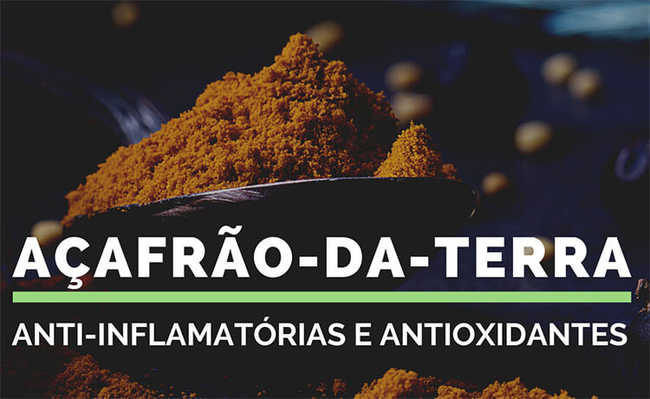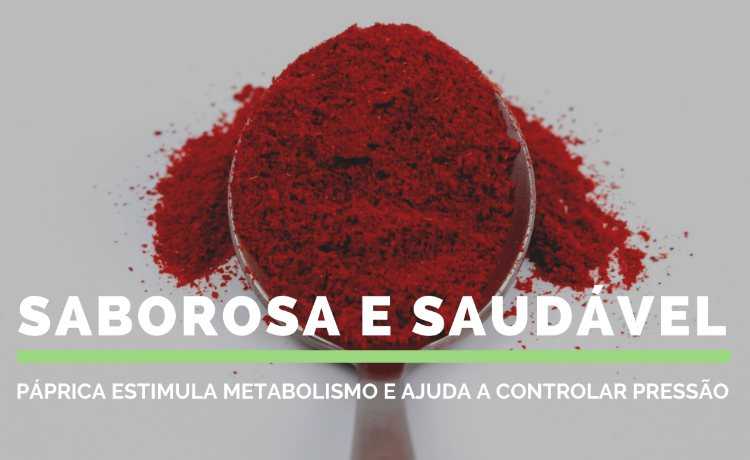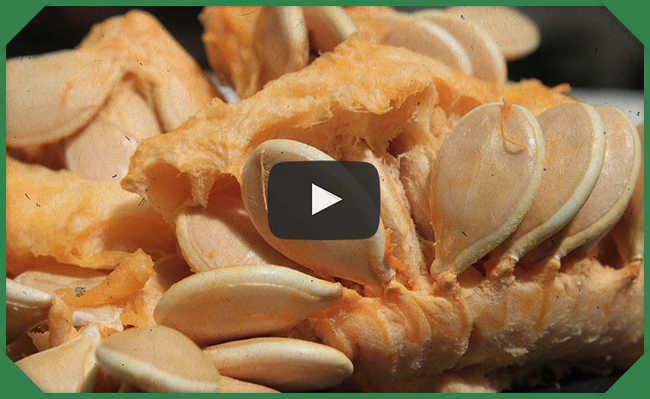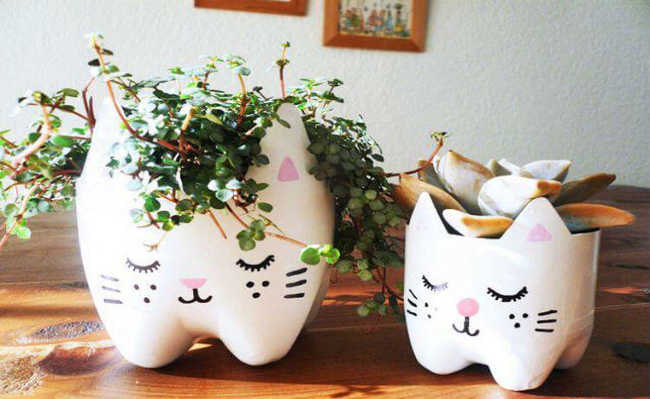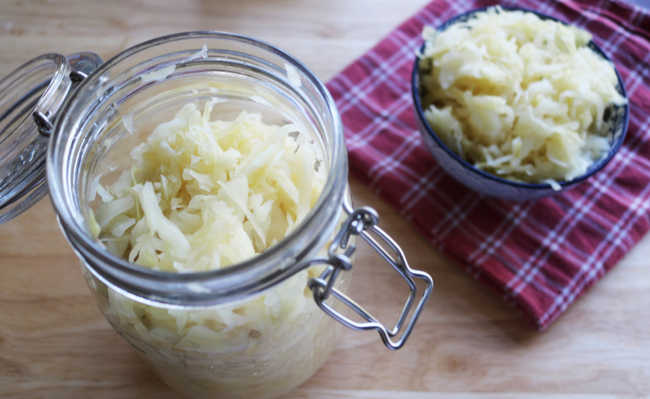Pitanga tea: medicinal properties and what it is for
Tea, juice and essential oil from the cherry leaf, the pitanga tree, have medicinal properties
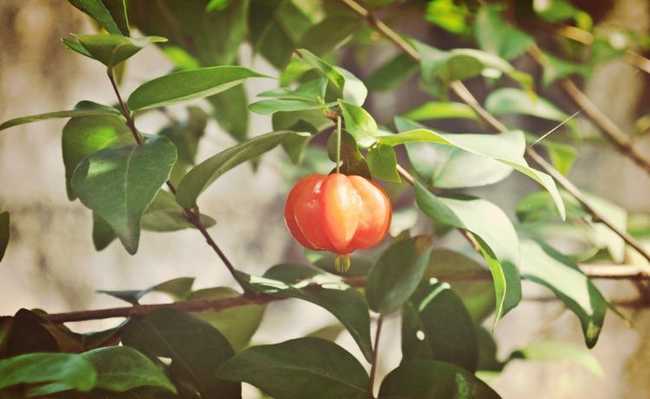
Edited and resized image of a cherry tree, made by Davi Peixoto, is available on Pixabay
Pitanga tea, very appreciated in popular medicine, is made from the leaves of the pitangueira, a tree with a scientific name. Eugenia uniflora L., belonging to the Myrtaceae family. But pitanga also offers benefits through the consumption of fruit juice and the use of essential oil from the leaf.
Pitanga, the pitanga tree
In the same pitangueira tree, pitangas can be born in green, yellow, orange and deep red, according to the degree of maturation.
The fruit of the pitangueira, called pitanga, is not commonly found in markets, as it is easily damaged during transport, becoming very soft. However, it is very easy to find pitanga trees in Brazil and the fruit, which looks like a small pumpkin, is much appreciated.
Native to the Brazilian Atlantic Forest, the pitangueira can be found from Paraíba to Rio Grande do Sul. The name pitanga comes from the Tupi term " ybápytanga"which means "reddish fruit".
The cherry tree can reach from two to twelve meters in height. But there is also cultivation of pitanga bonsai, which does not reach one meter in height.
The flowers that precede the birth of the pitanga are white and serve as a food source (pollen) for bees, playing an important role in environmental balance.
cherry leaf tea
Pitanga tea, made from the leaves of the pitangueira tree, has medicinal properties and is widely used to treat diarrhea.
- The incredible benefits of blackberry
How to make cherry tea
To treat non-infectious diarrhea, some research suggests the preparation of cherry tea in the proportion of three grams of cherry leaf (one tablespoon) to 150 ml (one cup of tea) of boiling water.
In these cases of diarrhea, the indication is to use a cup (30 ml) of cherry tea after evacuation for a maximum of ten times a day.
cherry juice
Pitanga juice also has medicinal properties. According to a study published by the PubMed platform, pitanga juice (the fruit) is composed of two substances that play an important role against inflammation in the gums.
According to the study, drinking cherry juice has medicinal properties that help prevent periodontal diseases related to inflammation by bacteria.
Cherry leaf essential oil
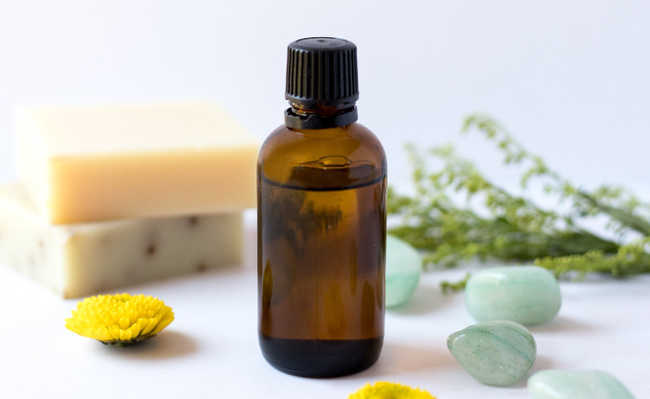
Edited and resized image of Anshu A, is available on Unsplash
According to another study published by the scientific journal PubMed, the essential oil extracted from the cherry leaf has medicinal antioxidant, antibacterial and antifungal properties.
The results of the study showed that the cherry leaf essential oil has antimicrobial activity against two important pathogenic bacteria: Staphylococcus aureus and Listeria monocytogenes; and against two fungi of the species Candida, C. lipolytica and C. guilliermondii.
To learn more about essential oils, take a look at the article: "What are essential oils?" And remember: if symptoms persist, get medical help.


